Is your car an asset or a liability?

One of the most common mistakes that vehicle buyers make is falsely identifying their car as an asset when in truth it is often a liability. While one could easily argue that vehicles are assets because they can put a decent amount of money back into your pocket once sold, on most occasions this is far from the truth.
Carmudi Philippines answers the age old question of is your car an asset or a liability? Do note, however, that this requires you to thoroughly inspect how your vehicle is affecting your finances.
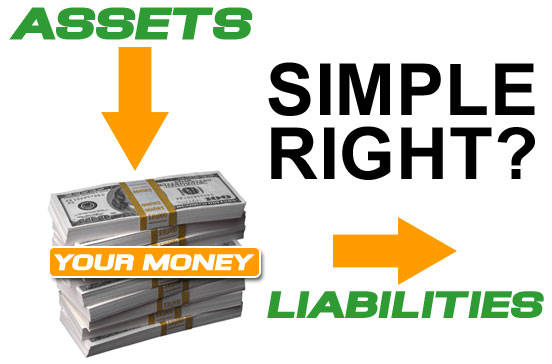 © www.albertopoku.com
© www.albertopoku.com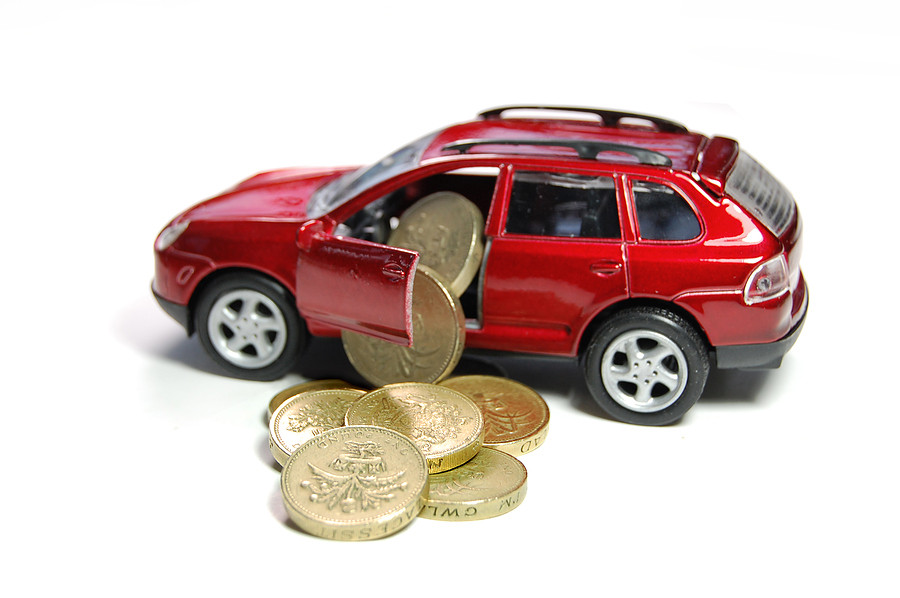 © www.theonecar.com
© www.theonecar.com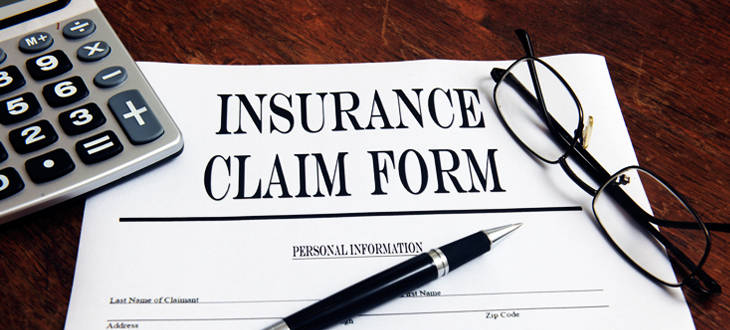 © www.moneymax.ph
© www.moneymax.ph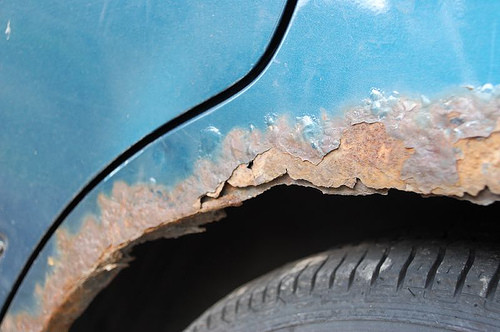 www.oriellycc.com
www.oriellycc.com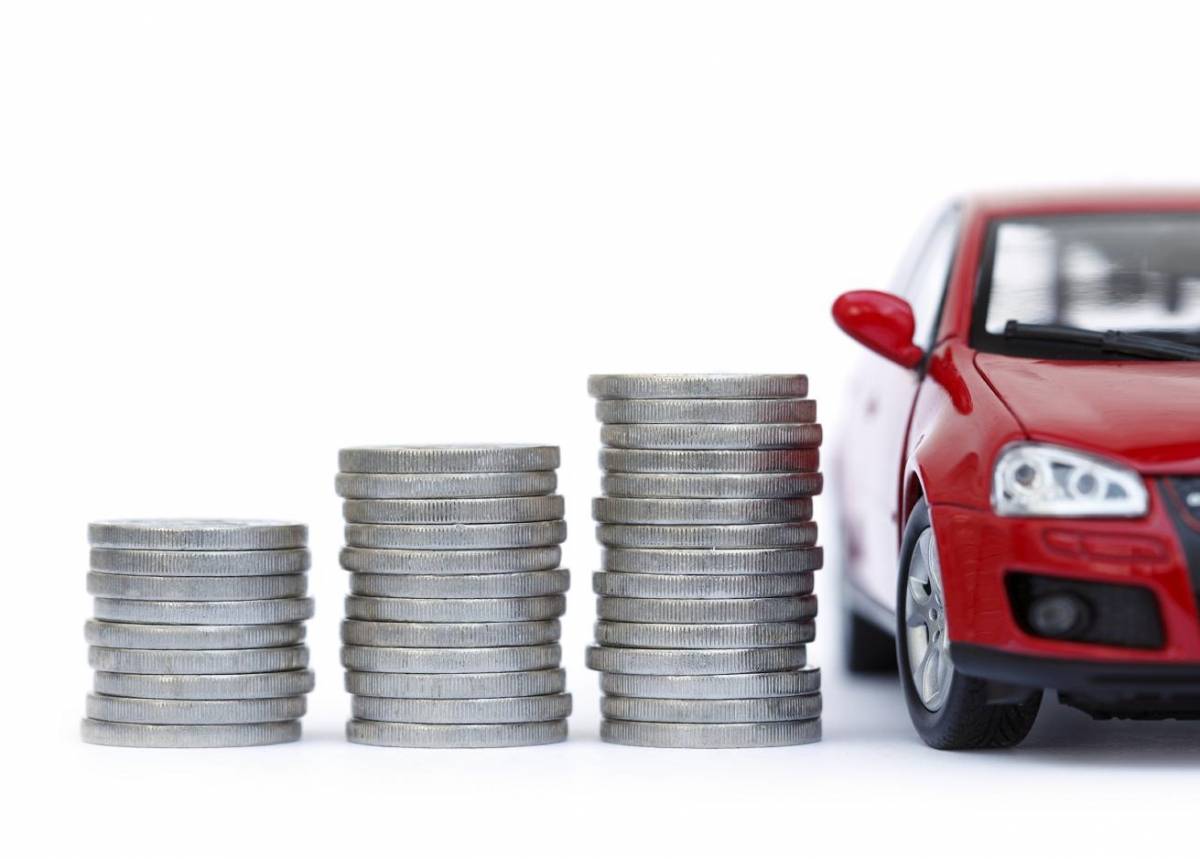 © driverlayer.com
© driverlayer.com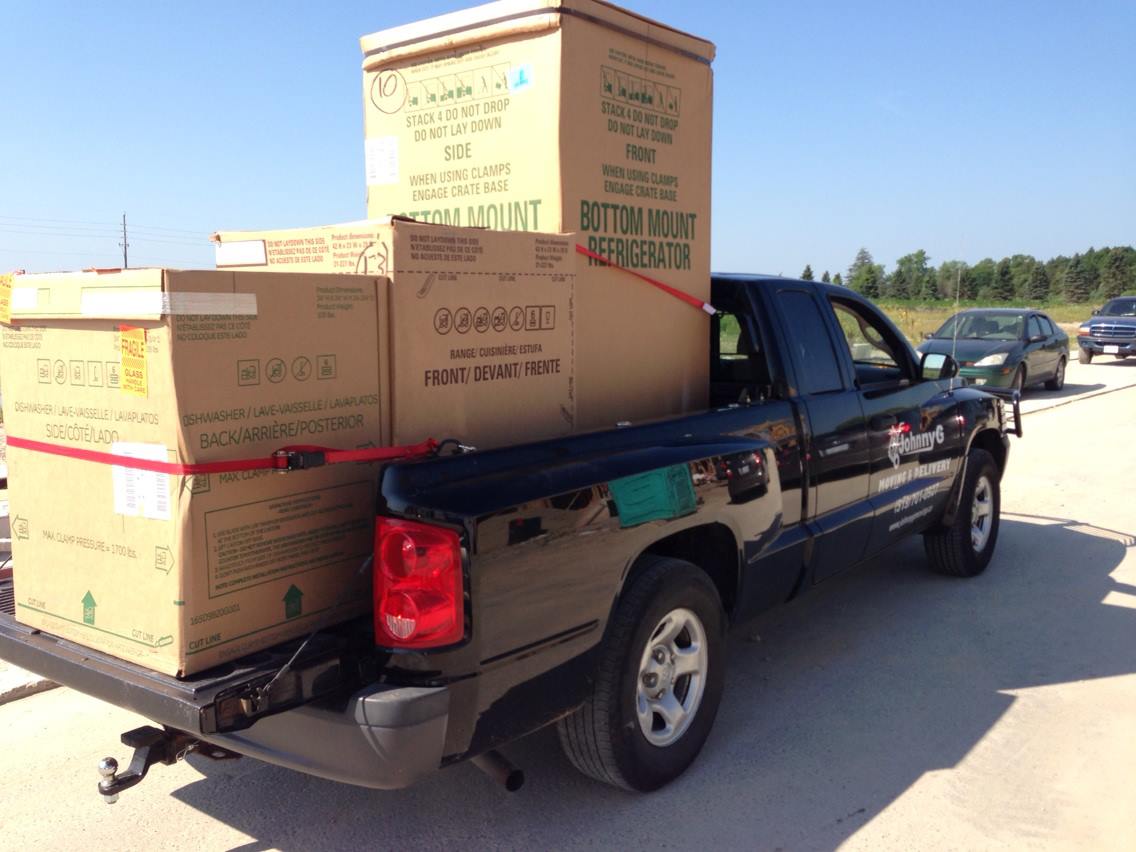 © www.johnnygmoving.ca
© www.johnnygmoving.ca
What is an asset and what is a liability?
 © www.albertopoku.com
© www.albertopoku.comHidden costs of owning a vehicle
 © www.theonecar.com
© www.theonecar.com- Fuel costs= PhP 82,125
- Maintenance= PhP 12,000
- Toll Fee= PhP 66,000
- Parking fee= PhP 39,6000
- Car insurance= PhP 11,400
 © www.moneymax.ph
© www.moneymax.phDepreciation factor
 www.oriellycc.com
www.oriellycc.comWhen is your car a liability?
 © driverlayer.com
© driverlayer.comWhen is your car an asset?
 © www.johnnygmoving.ca
© www.johnnygmoving.caConclusion
Owning a car is a huge decision that should not be rushed simply because you have the money to buy one. Before buying make sure that the additional costs will not upset the amount you get from your current source of income.Featured Articles
- Latest
- Popular
Recommended Articles For You
Featured Cars
- Latest
- Upcoming
- Popular
Car Articles From Zigwheels
- News
- Article Feature
- Advisory Stories
- Road Test
